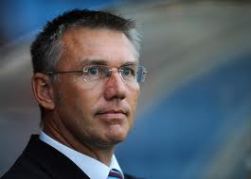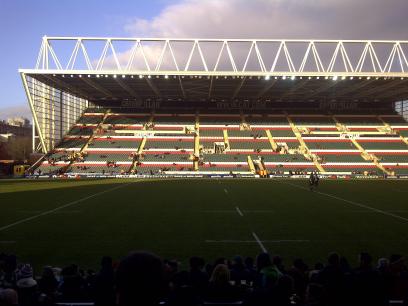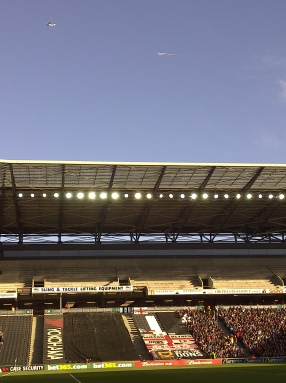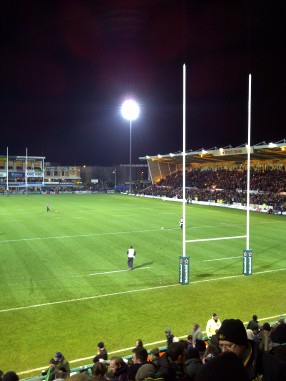BBC Radio 5 Live Sports Extra is a fantastic radio station, bringing a whole range of sports to a British (and world) audience.
And it is good to see it will tonight bring the second in the three-match netball series between England and world number one Australia live to listeners.
As the excellent Sport on the Box blog reports:
BBC Radio 5 live Sports Extra brings full commentary of the series to listeners, marking the first time that the sport – the world’s biggest in terms of women’s participation – has been covered live on UK radio.
The live commentary forms part of BBC Radio 5 live and sports extra’s ongoing commitment to showcase more women’s sport and minority sports.
Katharine Merry will lead the coverage from Bath and London, with Jennie Gow presenting from Birmingham, with expert input from former England International Tracey Neville for all three matches.
5 Live SX had live commentary from the first match in the series on Sunday in Bath – won by England – and will do so again this Saturday for the finale in Birmingham.
But although the games are also being shown on Sky Sports, there is still some way to go until the sport is given the same kind of coverage as in Australia and New Zealand. I was struck when I was there that sports shops stock merchandise for teams in the semi-professional ANZ Championship.
As the chief executive of Welsh netball Mike Fatkin alludes to, it’s all a little bit strange for a sport which is so popular in schools but which has struggled to gain any coverage at international, or even club, level. Is it because it is a predominantly women’s sport? Unfortunately, perhaps that’s it.









